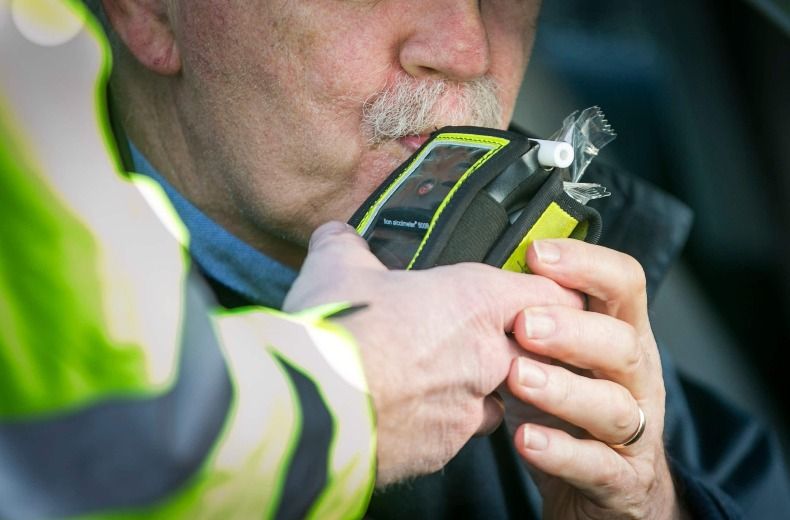Department for Transport (DfT) data shows that in 2019, 2,050 people were killed or seriously injured (KSI) where at least one driver was over the limit, an 8% rise on the previous year and the highest figure since 2011.
It’s estimated that 230 of the casualties sadly lost their lives, a two percent drop since 2018 but broadly in line with the previous few years. These figures are based on a 95% confidence in the data, with official data saying the true number could be as high as 250 or low as 210.
Nicholas Lyes, RAC head of policy, said these figures are “a rather chilling reminder that in the region of 250 people are killed by drink-drivers on Great Britain’s roads every year, a figure that’s barely fallen since 2010”.
"Clearly much more needs to be done, and one area we’d like to see progress in is around cutting reoffending. A report by PACTS (Parliamentary Advisory Council for Transport Safety) found that 17% of drink drive offences are carried out by repeat offenders, something that could be tackled with the introduction of alcohol interlocks.”
Alcohol interlocks or alcolocks, asks drivers to provide a breath sample below the legal limit in order to start their car.
Speaking in January this year, RAC road safety spokesman Simon Williams said: “It is high time a clear plan was put together that sets out how this technology will be now introduced to reduce future deaths.”
- Drink-drive limits: everything you need to know
- From dehydration to jetlag: four everyday things almost as bad as drink-driving
- In car infotainment systems slow down reaction times more than drink and drugs
His comments came amidst calls to slash the drink-drive limit to zero for professional, young and novice drivers or risk further fatalities.
The drink-drive limit in England and Wales has been 80mg of alcohol in 100ml of blood since 1967. According to PACTS, no other part of Europe has a limit above 50mg/100ml.
In 2014, the Scottish Government reduced the limit to that level.
Whether rules from the European Council to fit breathalysers on all new cars from 2022 are rolled out in the UK, remains to be seen.
Hunter Abbott, managing director of breathalyser firm AlcoSense, said: “The fact that testing is at its lowest level on record should be ringing alarm bells. Police carried out just 285,380 roadside breath tests in England and Wales in 2019 – less than half the number in 2008.
“All convicted drink drivers in Northern Ireland are now automatically referred to a rehabilitation course – to educate them on the potential consequences of their actions. This should be introduced in the rest of the UK as soon as possible.”
According to an AlcoSense poll, 36% of motorists think their ability to drive is only impaired once they’re over the legal limit. However, you are 13 times more likely to be involved in a fatal crash if you are at, but not over, the limit in the United Kingdom.

Complete peace of mind for less
• Cheaper than AA Price Promise or your money back^
• We get to most breakdowns in 60 mins or less
• Our patrols fix 4/5 breakdowns on the spot











